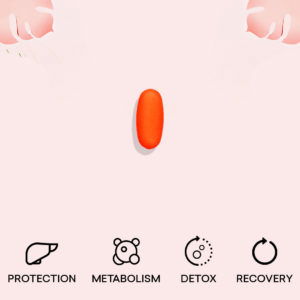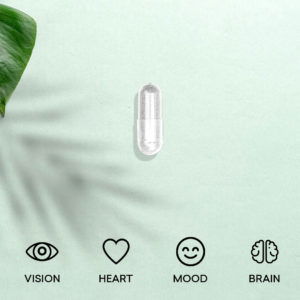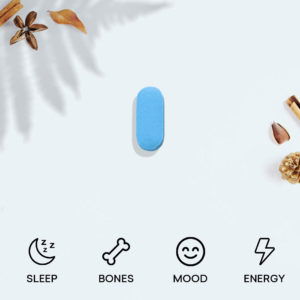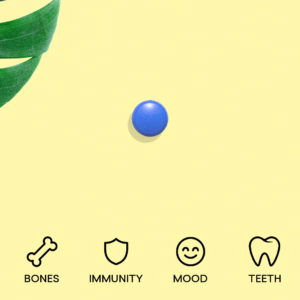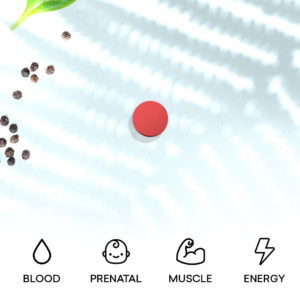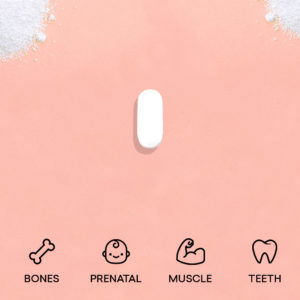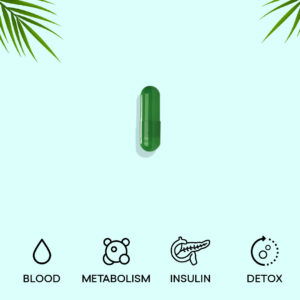B complex is composed of 8 B Vitamins. Those include B-1 (thiamine), B-2 (riboflavin), B-3 (niacin), B-5 (pantothenic acid), B-6 (pyridoxine), B-7 (biotin), B-9 (folic acid), B-12 (cobalamin).
B vitamins are the building blocks of a healthy body so they have a direct impact on your energy, metabolism, and brain. Apart from these, they promote cell growth, good eyesight, healthy appetite, proper nerve function, hormone production, muscle tone, and cardiovascular health.
Older adults: As you age, your power to absorb vitamin B12 decreases and your appetite declines, rendering it difficult to get enough B12 through diet alone.
Vegetarians/ Vegans: Vitamin B12 is naturally found in animal products like meat, dairy, eggs and seafood. Vegans and strict vegetarians could be prone to developing a B12 deficiency if they don’t really get enough of the vitamin through fortified foods or supplements.
People taking certain medications: Commonly prescribed medications can cause a deficiency in B vitamins. For example, proton pump inhibitors, which are medications that lower stomach acid, can decrease the absorption of B12, while metformin, a well known diabetes drug, can decrease quantities of both B12 and folate. Birth control pills may also deplete several B vitamins, including B6, B12, folate and riboflavin.
People with certain medical conditions: People who have certain medical conditions, such as celiac disease, cancer, Crohn’s disease, alcoholism, hypothyroidism and anorexia, are more vulnerable to developing nutrient deficiencies, including B vitamins.
During pregnancy, B12 and folate are needed to support fetal development. The deficiency of these can cause severe neurological damage or birth defects in the fetus or infant.
However, if you are pregnant or lactating, always consult your healthcare professional before consuming any supplement.
Since B vitamins are water-soluble, it’s unlikely that you will consume too much of these nutrients through diet alone or by having a B-complex supplement as directed.
The following symptoms may be a sign that you’re not getting enough B vitamins:
- skin rashes
- cracks across the mouth
- scaly skin on the lips
- swollen tongue
- fatigue
- weakness
- anemia
- confusion
- irritability or depression
- nausea
- abdominal cramps
- constipation
- numbness or tingling in the feet and hands
- diarrhea
Most B vitamins function in the body only in their coenzyme (or active) forms, and the normal form as within B-12 or certain B-complex has to be changed into the coenzyme form before it can do its job. These coenzyme forms are generally more costly and are considered more potent than standard vitamin forms. Methylcobalamin is one of these brilliant coenzyme forms. Since it’s already in its coenzyme form and doesn’t require conversion, your body can use it right away as opposed to having to follow along with the conventional metabolic pathway for conversion.
Methylcobalamin is derived via microbial fermentation. Numerous studies have been conducted on methylcobalamin, with no evidence of any toxicity.
B vitamins naturally have an unpleasant smell. That is normal and doesn’t indicate that the item is expired or otherwise compromised.
Considerable amounts are within liver, beef, salmon, trout, tuna, and clams. Smaller amounts are available in eggs, yogurt, cheese, and cereal products fortified with B12.


